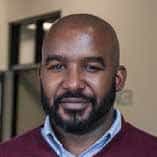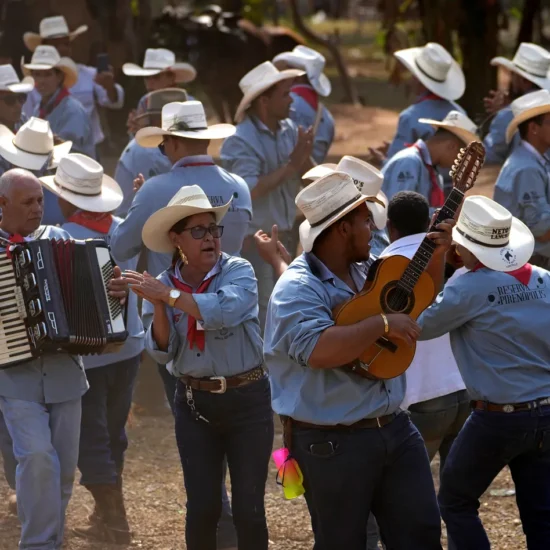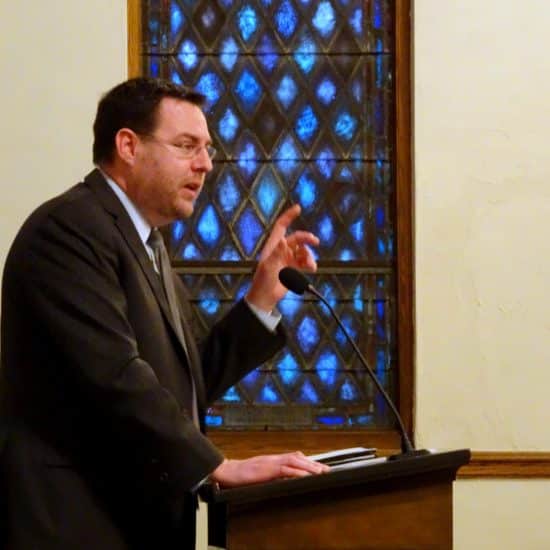
Although God is completely holy and set apart from all creation, in the Hebrew Bible, God used multiple means to affirm God’s presence among humankind. Wind was one such means. For instance, when Adam and Eve heard the wind moving in the garden, they knew God was physically present before them. God also used fire to affirm holy presence, such as God using a burning bush to call Moses to service. Throughout biblical history, when the children of Israel experienced great winds or supernatural fire, they knew God was up to something.

Terrell Carter
In Acts 2 we see that God continued to use wind and fire as symbols confirming that God was still with God’s covenant people. On the day of Pentecost, a feast day that involved bringing the first fruits from a person’s crops and giving it to God as an offering, Jesus’s followers had gathered together. I imagine they were still trying to figure out what Jesus’s death and resurrection meant for them and the future of their people. Shortly, God began to give them the answer to their questions and reaffirm God’s presence among, and love for, these people.
Suddenly, there erupted a loud noise from heaven, a great wind began to blow in their midst, they saw shapes that looked like tongues of fire hovering over each other’s heads, the Holy Spirit descended, and each person present began to be speaking in a language that was foreign to them. Yet, the people who witnessed these events were able to understand what was being said. Instead of God using confusing speech as a sign of displeasure with humans, like at the Tower of Babel, here God causes foreign languages to be understood without a translator. A sign that God is doing something transformative.

Image by Michel Oeler from Pixabay
As you can imagine, this wind and fire event did not occur in a vacuum. People in the area heard the great wind and heard these Jesus followers speaking in different languages and wondered what was going on. Some of the onlookers were astonished and some simply ridiculed. Ironically, through the power of the Holy Spirit, Peter, the one who disavowed knowing Jesus, responded to their awe and ridicule with what could be considered the best sermon of his life. He told the onlookers that, in essence, through the sacrificial gift of Jesus, all that they had just witnessed was further confirmation that God was present and active in the lives of God’s people.
This Pentecost event showed that these early followers of Jesus were the first fruits of Jesus’s harvest. Jesus had planted God’s will and way in their hearts through his own words and actions, and this was the day that the full harvest began. Through the power of the Spirit, they would begin to live into all that God had for them. But this power was not only for them. They were to share it with the rest of the world as part of God’s all-consuming reconciliation process. They were to share this experience in Jerusalem, Judea, Samaria, and the uttermost parts of the world so that all peoples could understand that God was present in the world and people’s lives.
We have an opportunity that is similar to these early followers. When we understand God’s purposes for us and open ourselves to the leading of the Holy Spirit, we recognize that we have a greater purpose in life. We are called by God not to keep God’s love to ourselves but to share it as much as possible through our words and deeds. We are to be empowered by the Spirit to live love out in practical ways. To set aside self first and seek to serve others.
The Holy Spirit’s power wants to blow through us like a mighty wind in order to transform people and institutions. That leaves us with a question to consider. What are we willing to do to make space for the Holy Spirit to move in and among us? When God’s Spirit moves, it calls for us to graciously concede so heaven and earth can intersect for the good of God’s kingdom.




